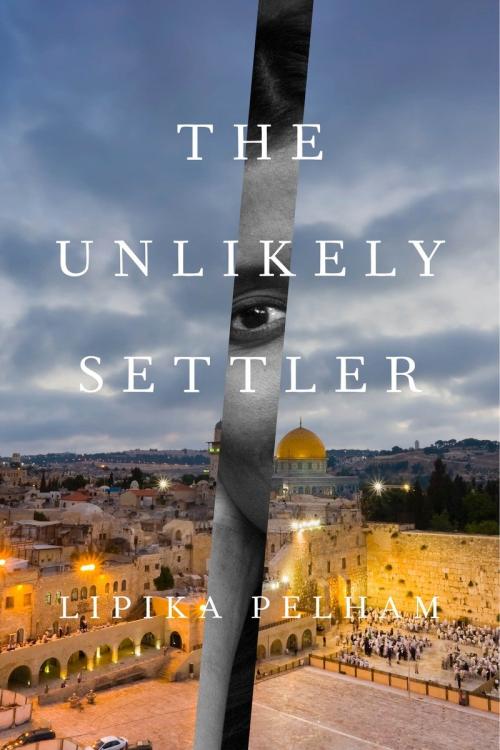During our fifth year in Jerusalem, I was faced with a dilemma: where to give birth to our third child. In London, where my two older children were born and where my husband wanted me to go? In Bethlehem, because my friends recommended the Holy Family Hospital there? Or in Jerusalem, where I had met a Jewish orthodox obstetrician I really liked?
I tried not to rule out Bethlehem. Many of our expatriate friends—journalists and diplomats—went to Palestinian cities to deliver their babies to avoid probable future difficulties for their work life in the Middle East. I went to see the hospital in Bethlehem. It had a beautiful setting, amid lovely gardens, and a state-of-the-art neonatal unit. The delivery rooms were spacious and airy with a view of the primordial hills. But it sounded so clichéd. Born in Bethlehem. Implicated in too much compassion and sacrifice. A birth loaded with expectations.
Given that Bethlehem had one of the highest birth rates in Palestine, the land should have been inundated by now with hundreds of thousands of compassionate Apostles. If only forgiveness had been the core value of this place, peace would have flourished in the hills around Jesus’s birthplace, rather than outposts of hate. I could not help my eye being drawn to the ugly architecture of the Israeli settlements that dotted the landscape around Bethlehem. It was too ominous a place to give birth.
I carried on seeing my doctor, who traveled from his home in a Jewish settlement in the West Bank to his practice in Jerusalem’s ultra-orthodox neighborhood of Mea Shearim.
“How can you compromise your politics by seeing a settler doctor?
Don’t you think you are implicitly supporting the Israeli occupation?” said Leo, my husband, an expert on Middle East affairs.
“It’s up to the mother of the baby to decide where she feels comfortable to give birth,” I replied.

